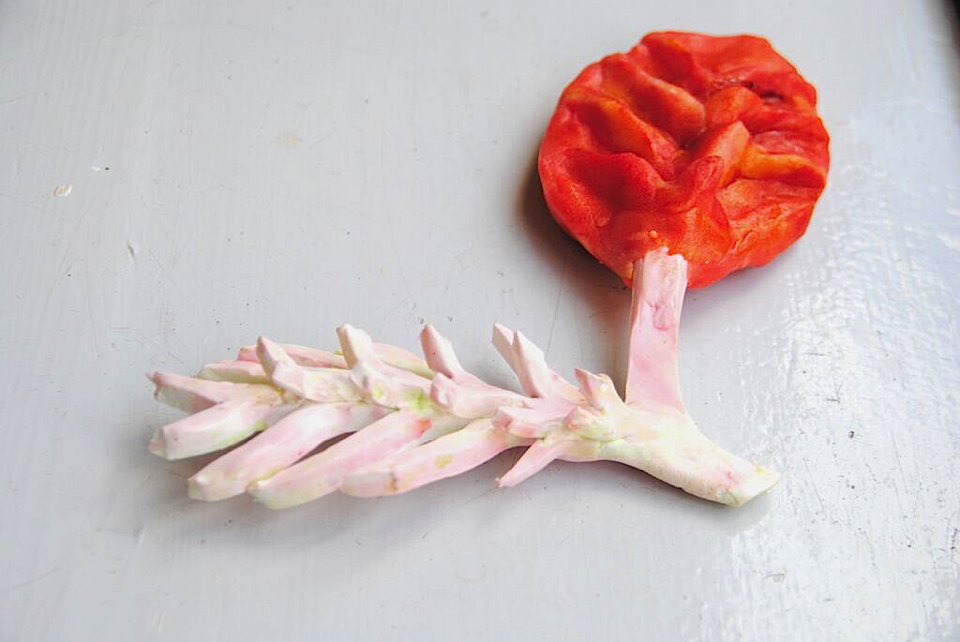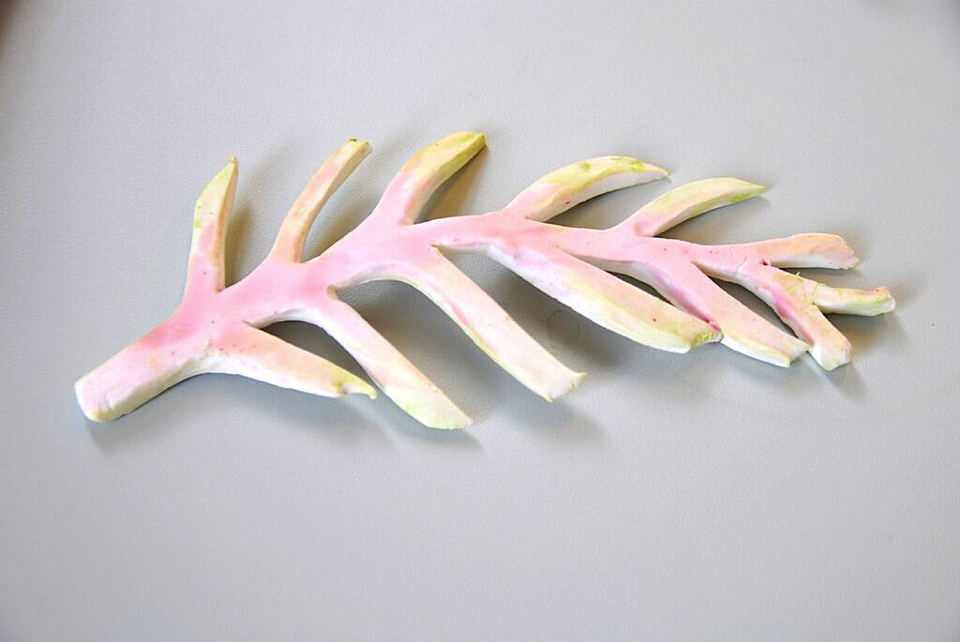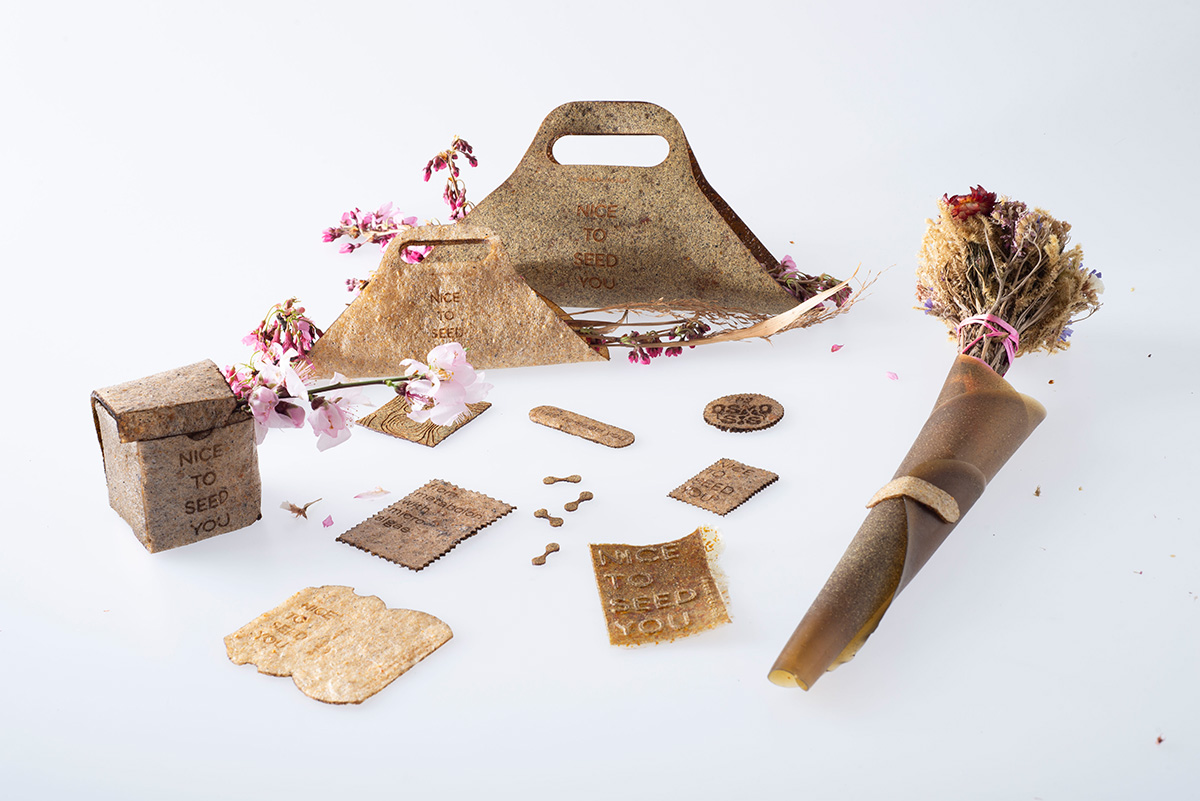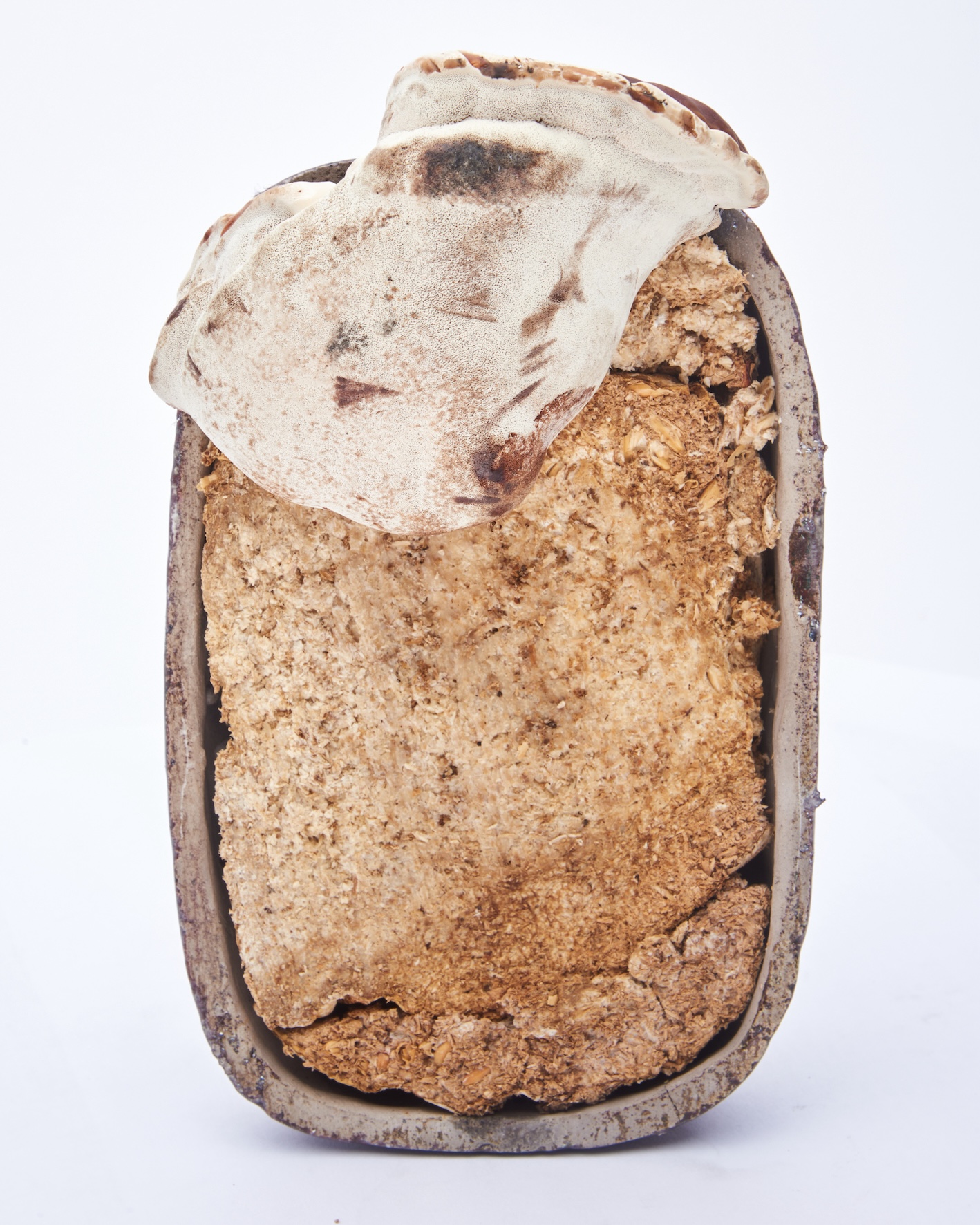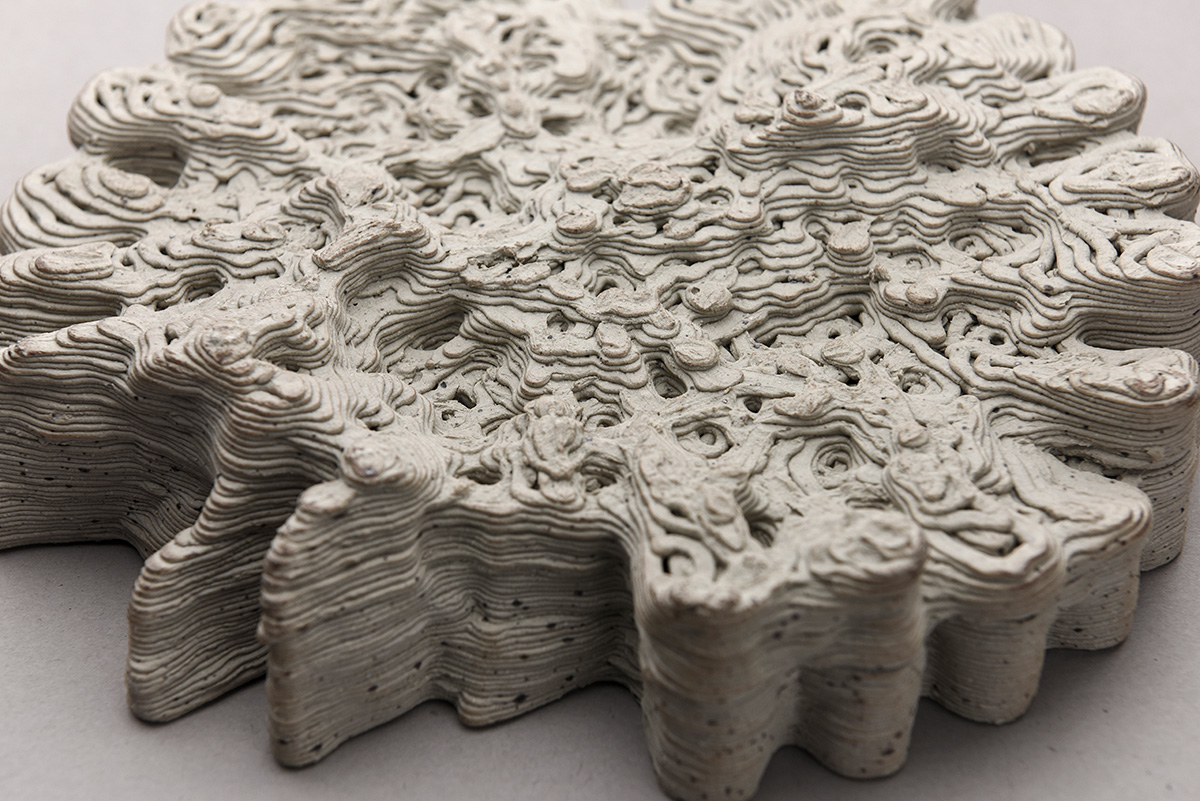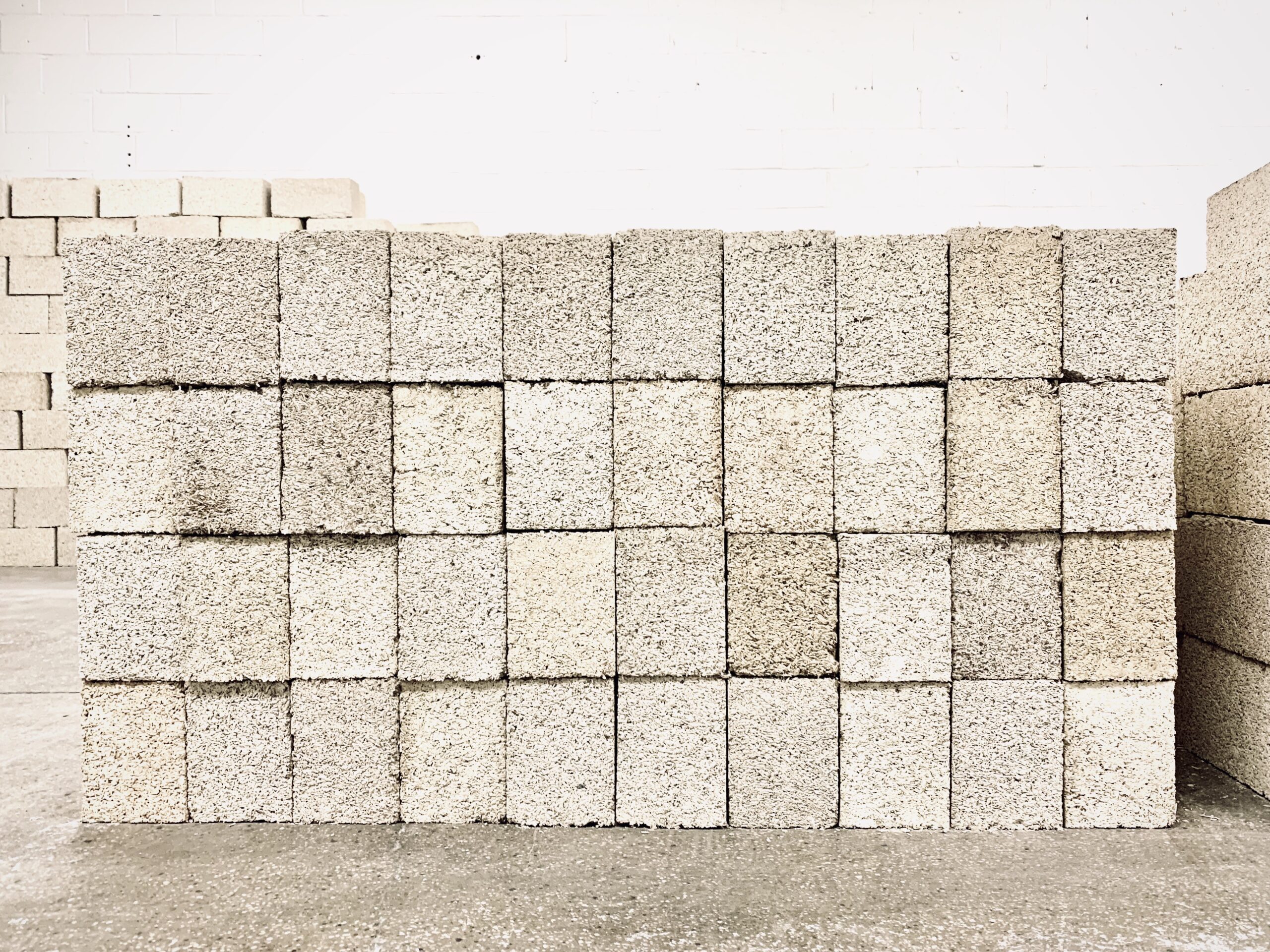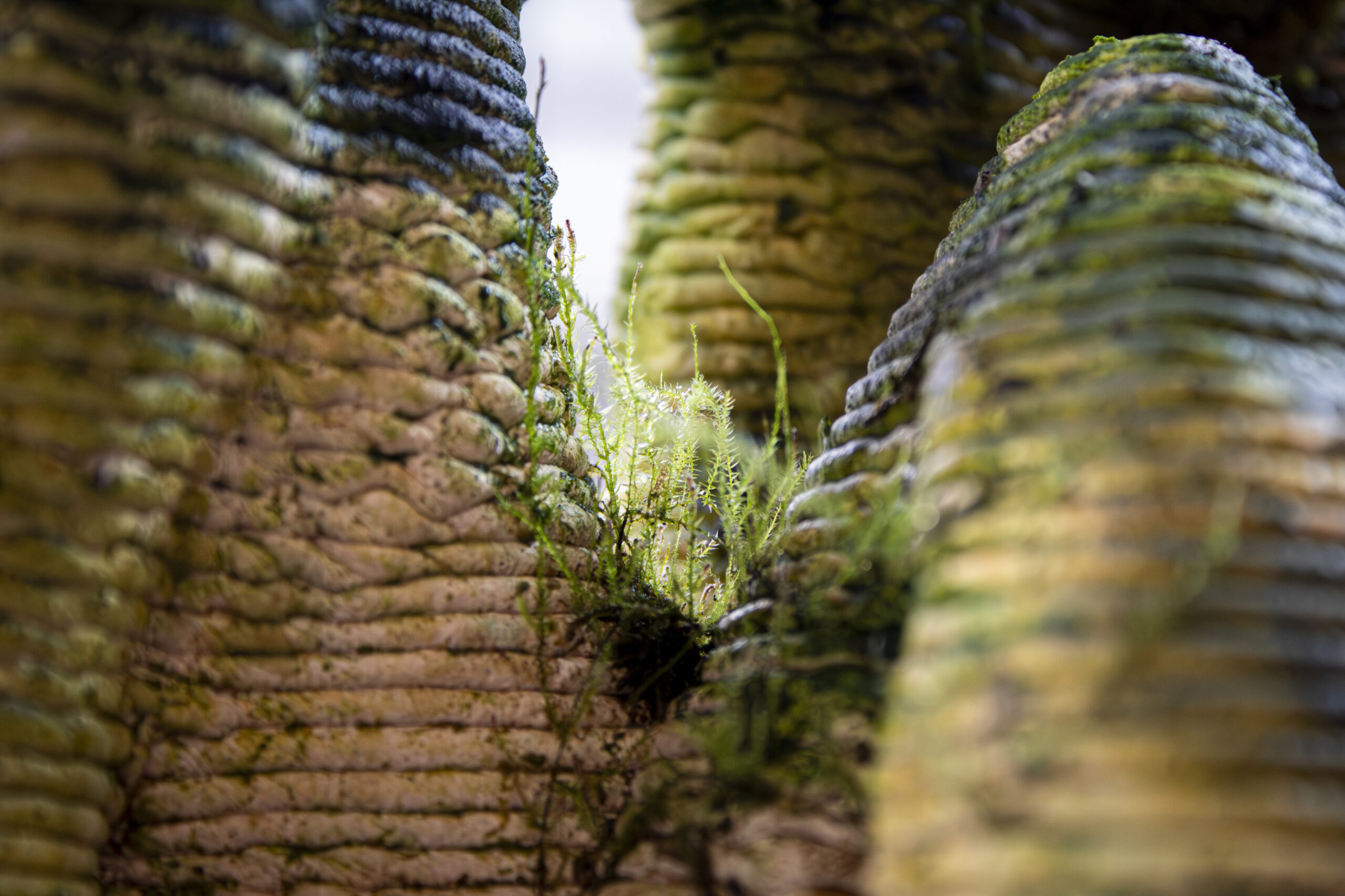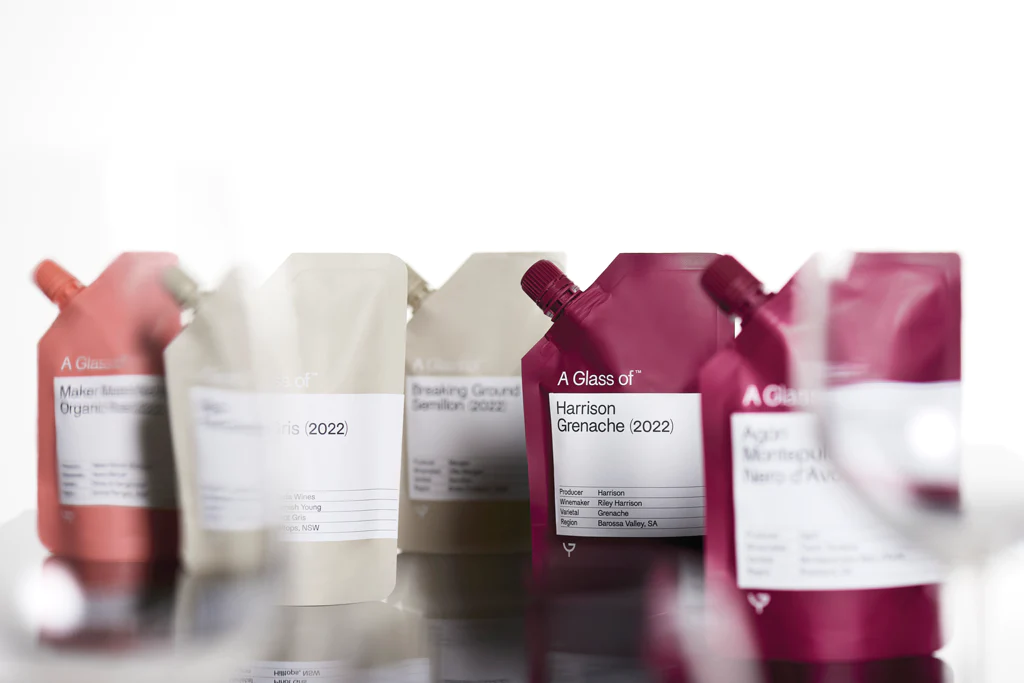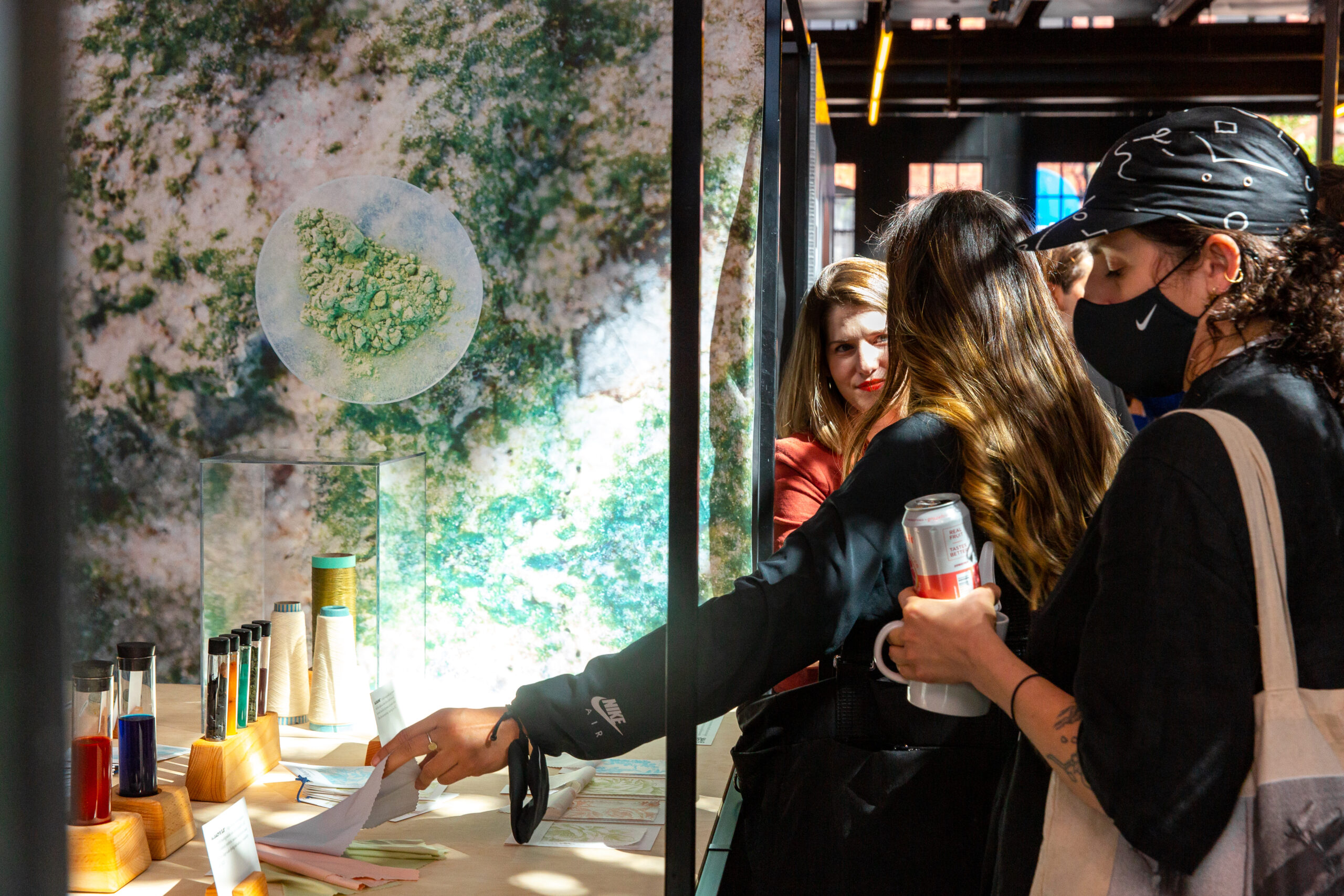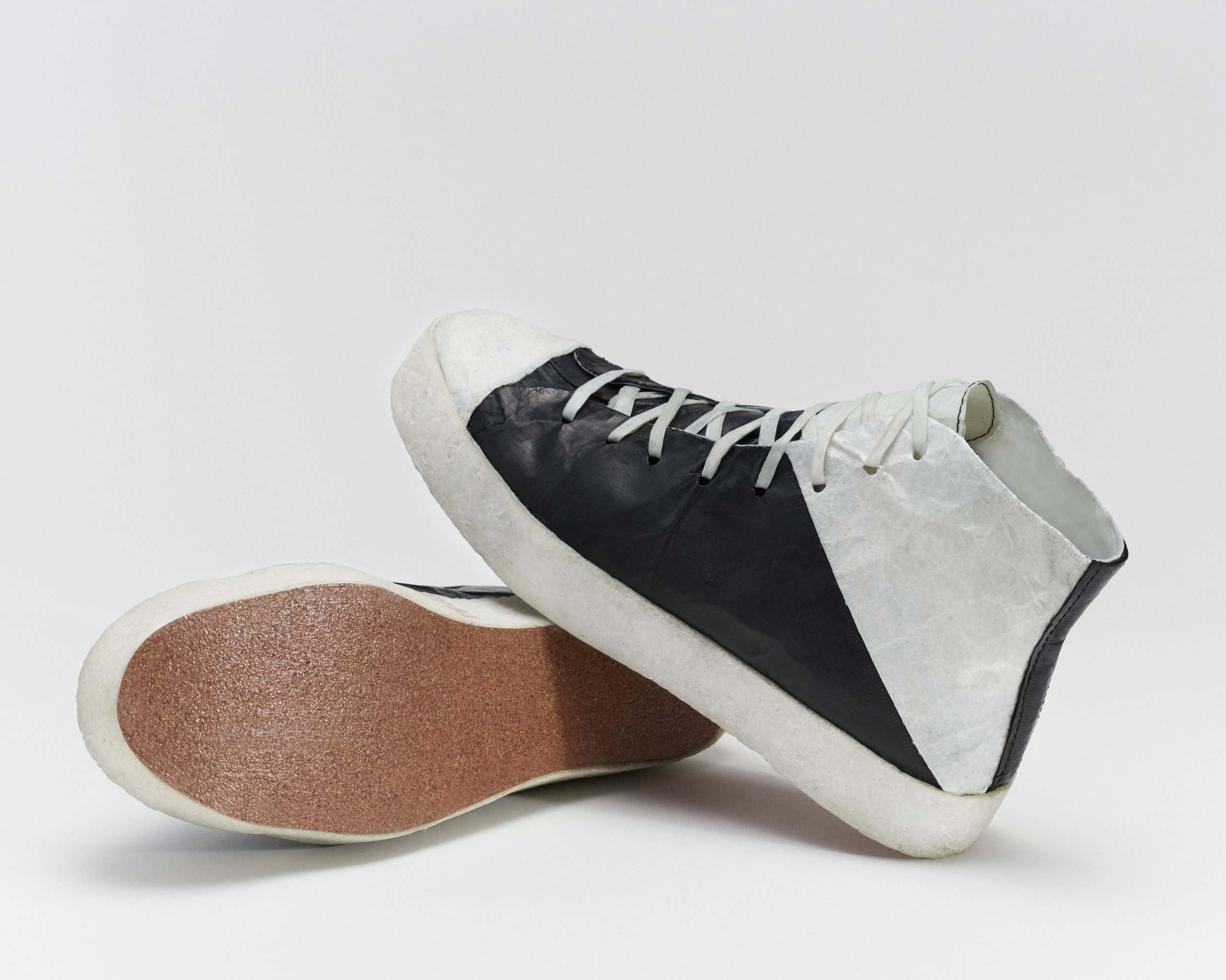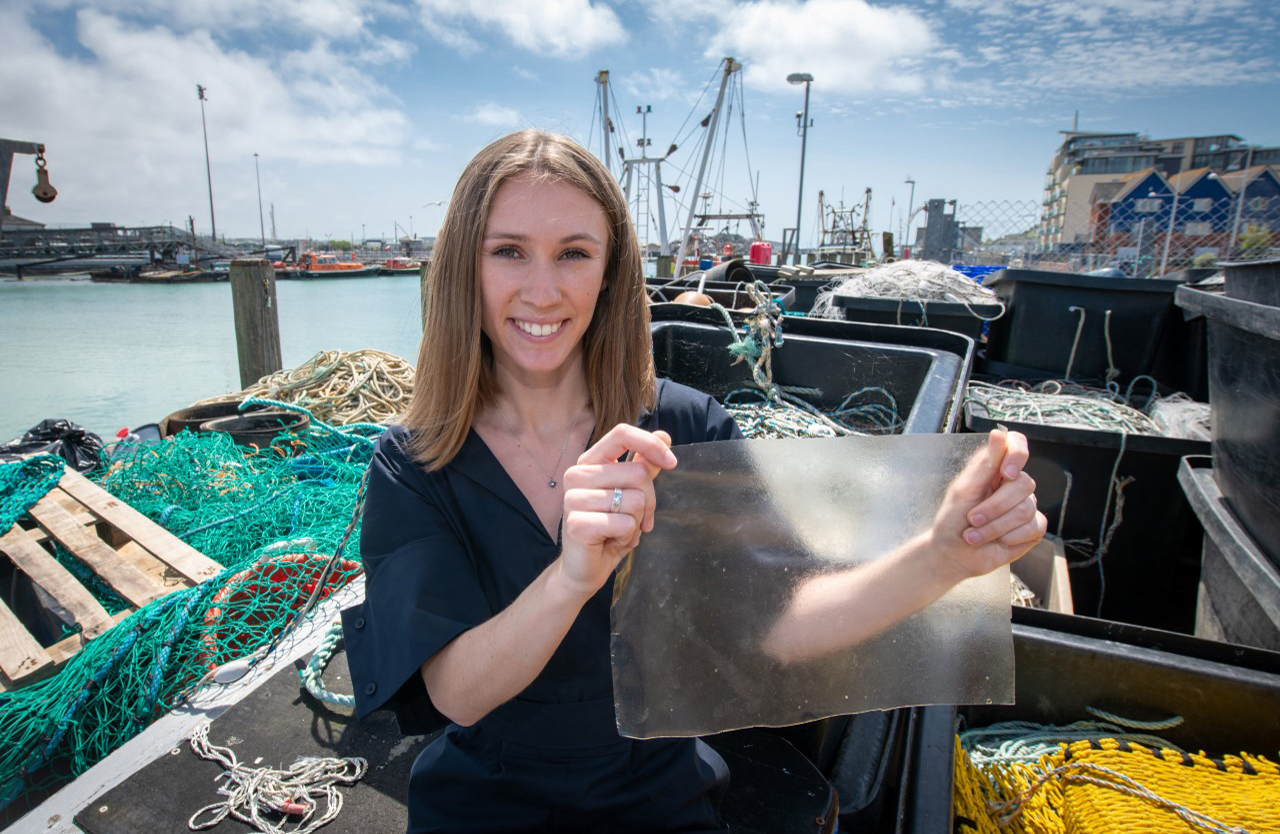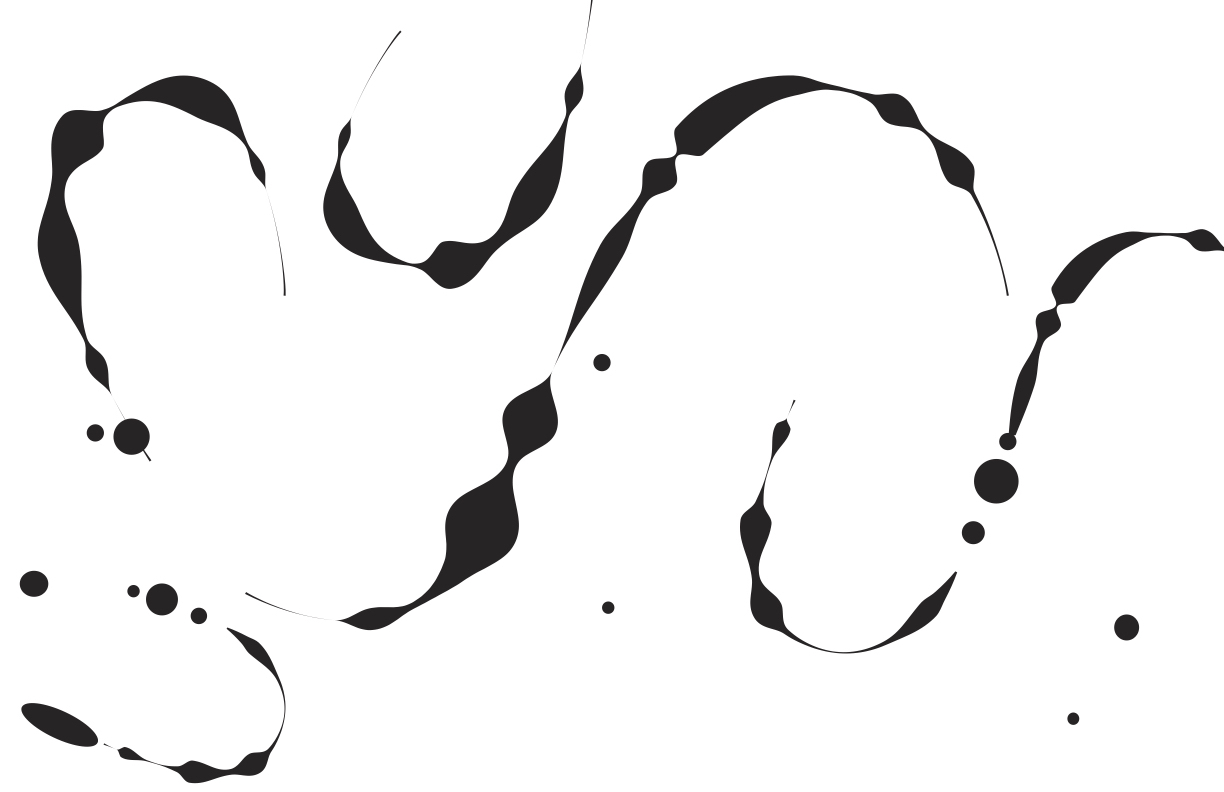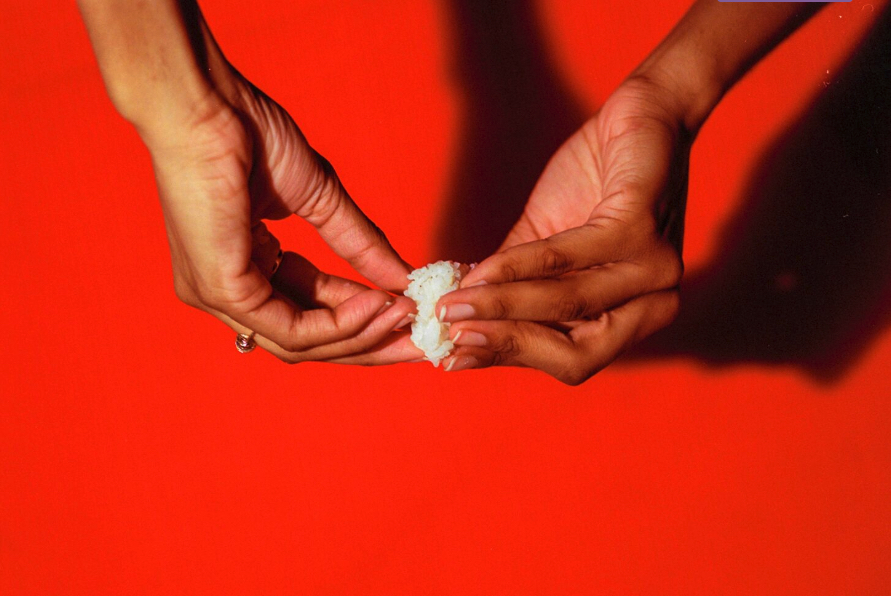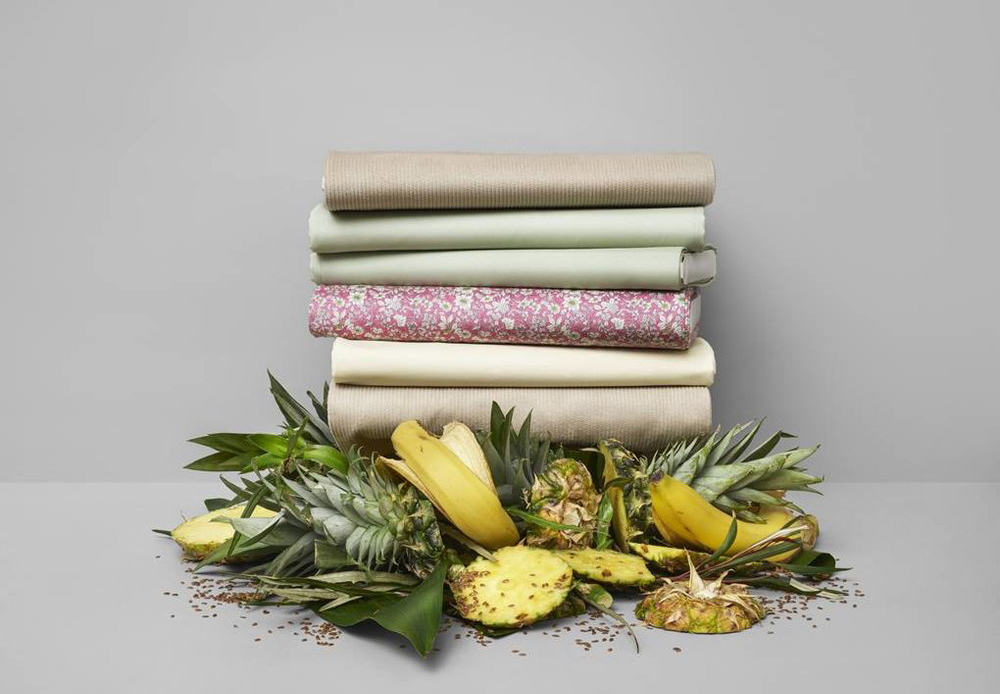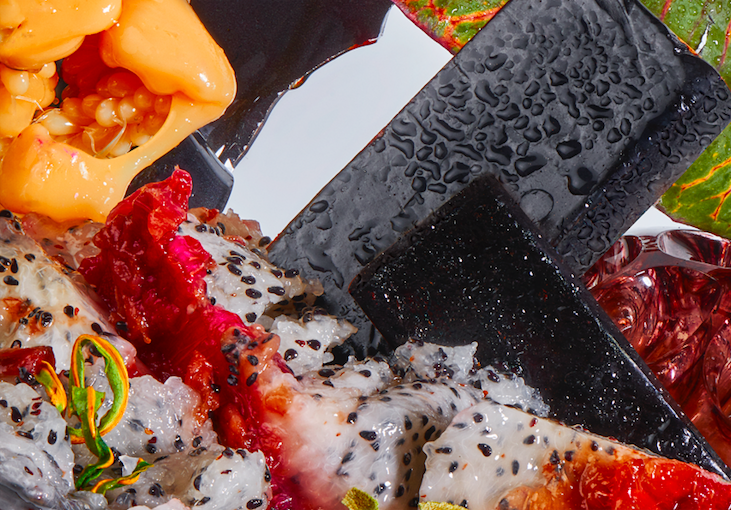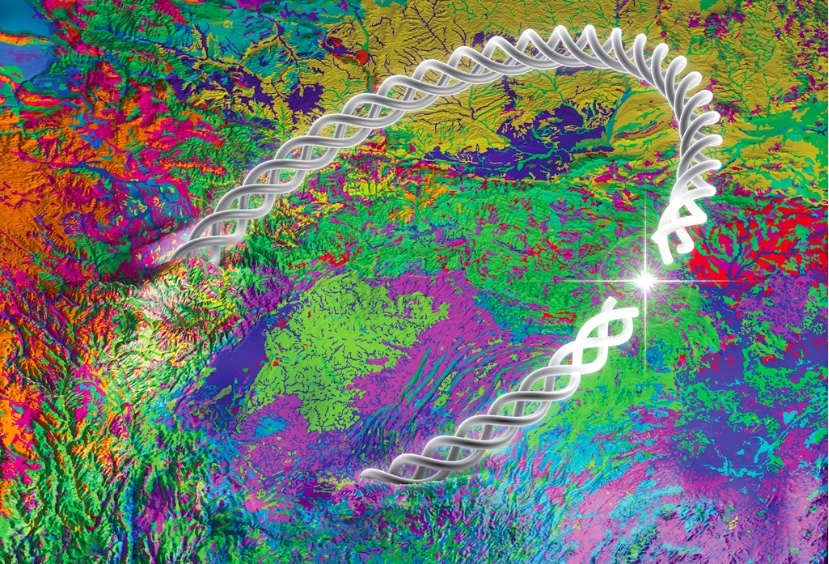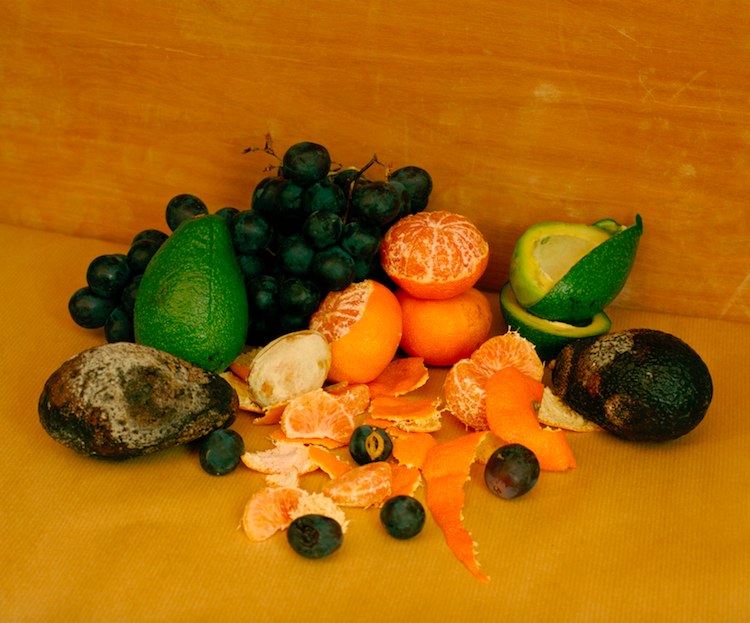The wonders of a plant-based diet are celebrated by nutritionists and environmentalists alike but what role might design have to play in a plant-based gastronomic future? Dutch designer Marije Vogelzang debuted her latest inquiry into this question in the form of Plant Bones, debuting at Thinking Food Design’s exhibition for Paris Design Week.
Plant Bones asks more questions that it answers—what if plants in the future develop a bone-like structure composed entirely of cellulose? And what if these plants produce a “meat” with the same nutritional value as its animal counterpart that grows on top of the plant bones? Tearing meat off a plant bone would provide a similar culinary experience to gnawing on a rib straight off the grill—but without the existential guilt of eating animals.
The experience of eating plant bones creates its own set of interesting questions: How would vegans digest—pun intended—an entirely plant-based experience of eating meat off a bone? Could plants grow a protein that really tasted and felt like meat? What really defines a plant? And imagine the range of flavors and possibilities: No need to marinate the plant meat with herbs now that the kebabs are being grown directly on a rosemary twig.
Vogelzang’s project is described as an, “archeological inquiry of the future,” where archeologists discover Plant Bones but do not understand the context from which they developed. As Vogelzang asks in the video below, “Is it a nuclear intervention? Is it maybe a mad scientist that created this? Or is it natural evolution that started to merge plants with animals or started to merge animals with plants?” If Vogelzang is our bridge to seeing the possibilities of a plant-based food future, her project is a call to action for designers, engineers, chefs, biologists and eaters to imagine the paths to get there.
Plant Bones by Marije Vogelzang from MOLD on Vimeo.
Thinking Food Design is on view September 5-12, 2015 at Galerie Joseph, 4-6 rue de Braque, Paris.

